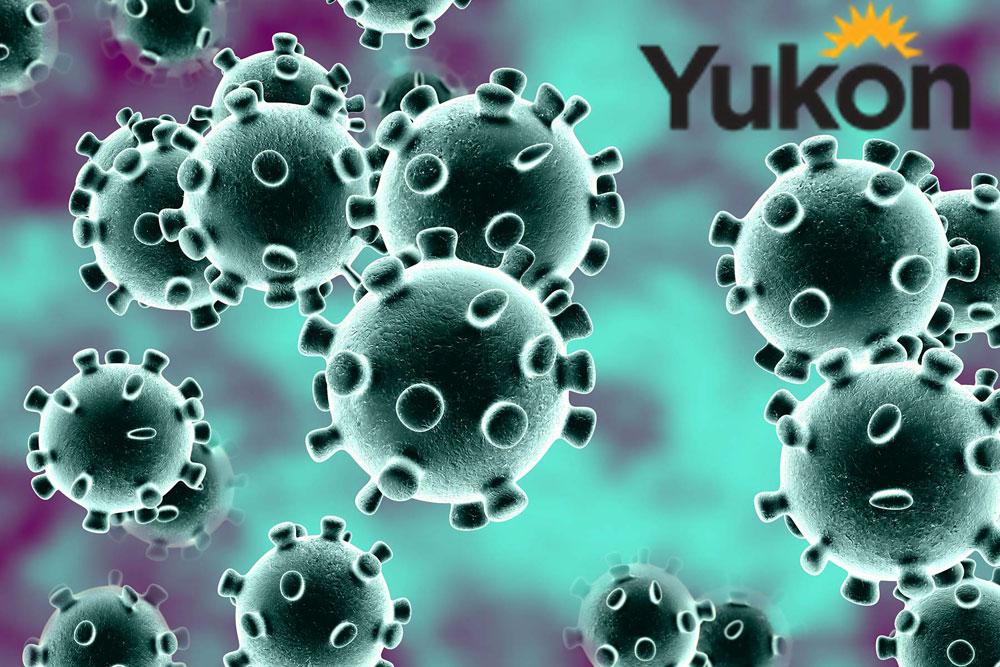
Yukon's Chief Medical Officer of Health Dr. Brendan Hanley reported that as of April 28, at 2 p.m. the case count remains at 11 cases of COVID-19 in the territory
Eight of the 11 people who have contracted COVID-19 in Yukon have recovered and all others are doing well at home.
Each case in Yukon so far has been traced to its origin which means there continues to be no known community spread in the territory.
The new testing criteria we announced on Friday, April 24, enables health care professionals to now increase testing for people who have a broader range of symptoms and who have travelled outside Yukon. Testing people who have not travelled as well as vulnerable populations including residents in long-term care homes and marginalized citizens who struggle with housing and day-to-day living is now available.
As we move towards lightening the current restrictions we're living under, we need to have the appropriate testing capacity in place to watch for community spread and to know where infection is and track where it's been.
April 25 to May 2 is National Immunization Awareness Week. We want Yukoners to keep routine immunizations for children up to date. Delaying or missing scheduled vaccines puts children at risk for common and serious childhood infections such as measles and whooping cough. Protecting babies and children through vaccinations and reducing the risk of an outbreak of a disease that's preventable by a vaccine is a public health priority. We have strategies in place across all Yukon health care centres to continue to deliver these services safely.
The government launched a new campaign this week to remind Yukon residents that if they're ill, they can still call their doctor, visit the health centre or go to the Emergency Department. Numbers of physician, health centre and emergency visits have dropped in recent weeks and we're concerned that people who may be really ill or have legitimate health concerns are putting off that call or visit because of COVID-19.
Work continues on developing a national, coordinated approach to how and when to gradually ease restrictions put in place in response to the pandemic. Planning for Yukon's opening up strategy is underway led by the Premier's office and following a public health framework developed by the Chief Medical Officer of Health, in coordination with federal and jurisdictional counterparts.
Some Yukon businesses have begun to reopen on their own initiative after changing their practices to comply with current public health advice. Retail operations may remain open as long as they have a plan in place to serve the public safely. Other establishments, such as bars, restaurants except for take out and delivery, recreation facilities and businesses offering personal services, remain closed under public health order. All closures and operating requirements will be reviewed as part of Yukon's opening plan.
Businesses can view the cleaning guidelines that have been approved by the government's environmental health services on Yukon.ca.
The ban on gatherings of more than 10 people refers to social gatherings rather than work environments. People within a workplace must space themselves appropriately and take increased hygiene precautions. The maximum number of people in a work space depends on the size of the establishment and not the absolute number.
Indoor gatherings should be limited to usual household members and close family members and should not exceed 10 people. Outdoor gatherings of 10 or fewer are allowed as long as people are appropriately spaced.
The six steps to staying safe and stopping the spread of COVID-19 are: physical distancing; regular hand washing; staying home when sick; not gathering in groups of more than 10; avoiding travel to communities and self-isolating when required.
To keep up to date with the latest information, Yukoners should visit Yukon.ca/COVID-19.
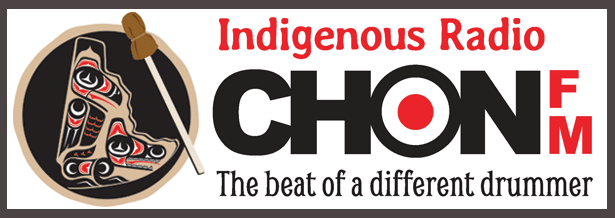
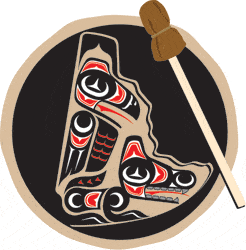
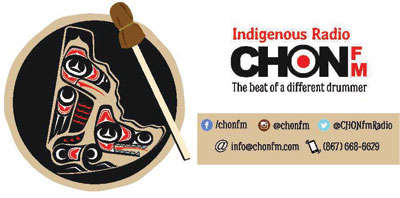
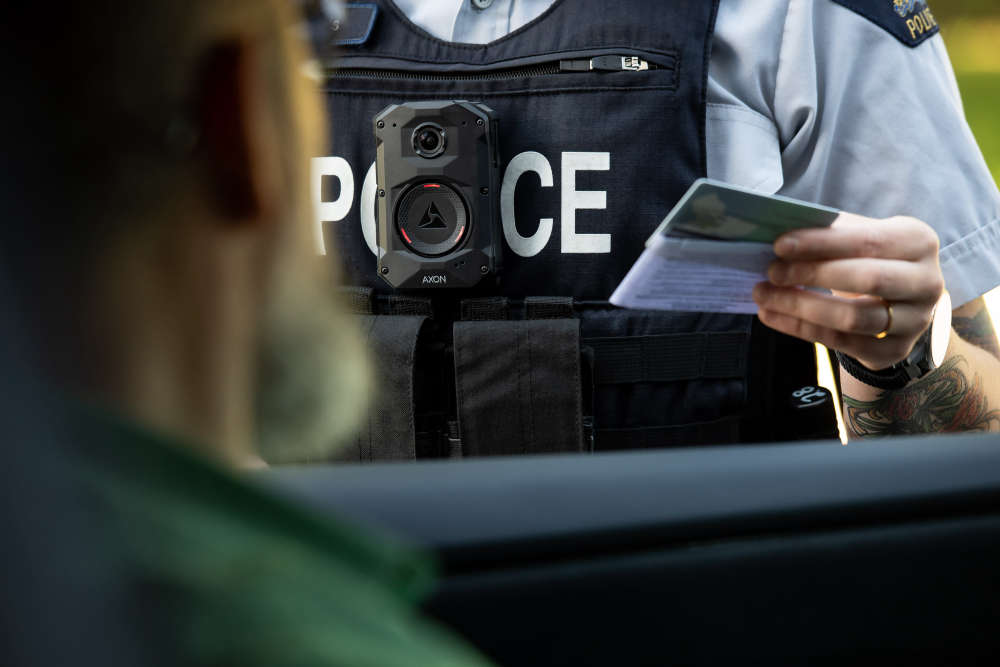 Yukon RCMP leads the way in body-worn camera deployment
Yukon RCMP leads the way in body-worn camera deployment
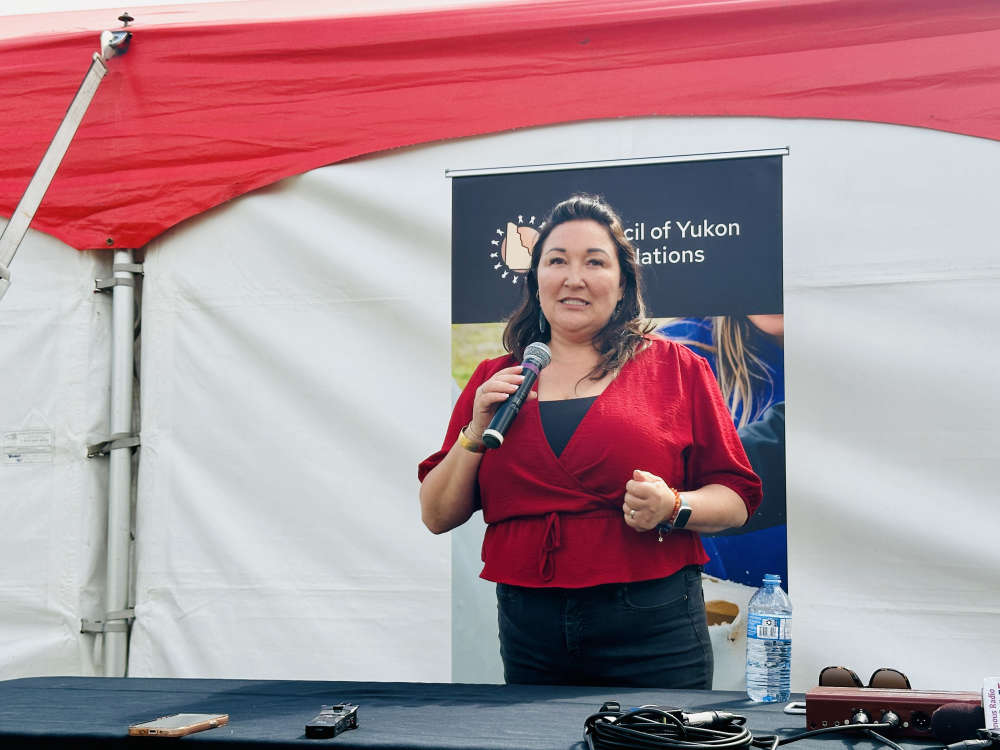 Math'ieya Alatini elected CYFN Grand Chief
Math'ieya Alatini elected CYFN Grand Chief
 Watson Lake man charged in firearm robbery
Watson Lake man charged in firearm robbery
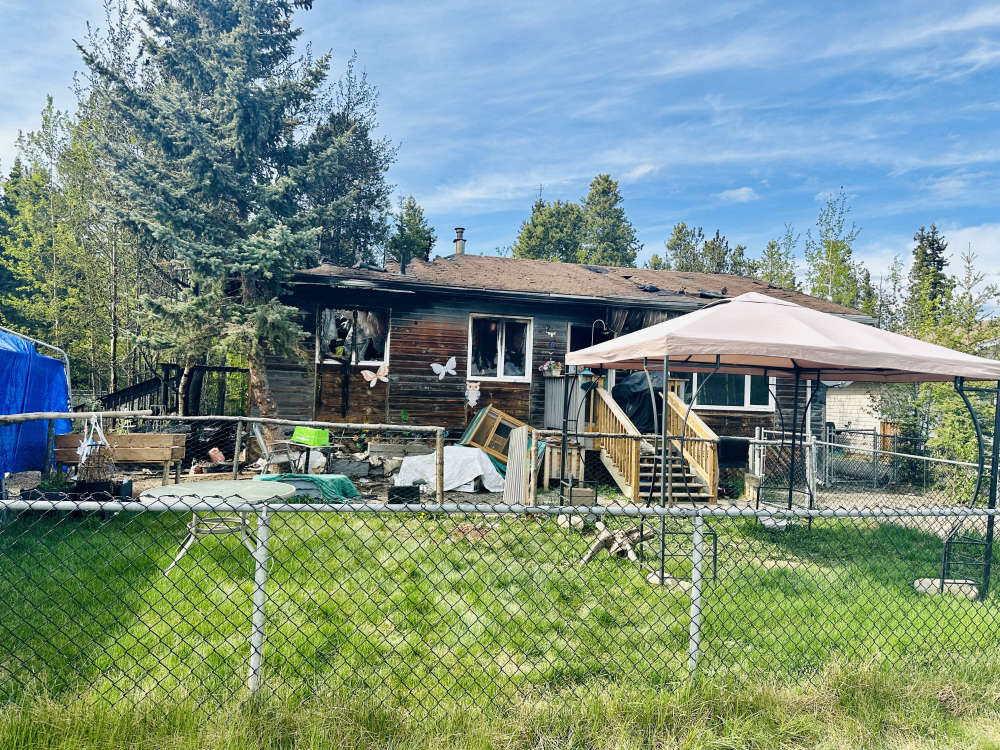 House fire in McIntyre contained
House fire in McIntyre contained
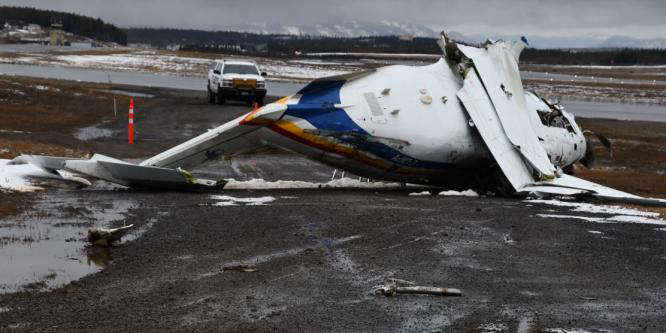 RCMP plane crash caused by faulty sensor: TSB report
RCMP plane crash caused by faulty sensor: TSB report
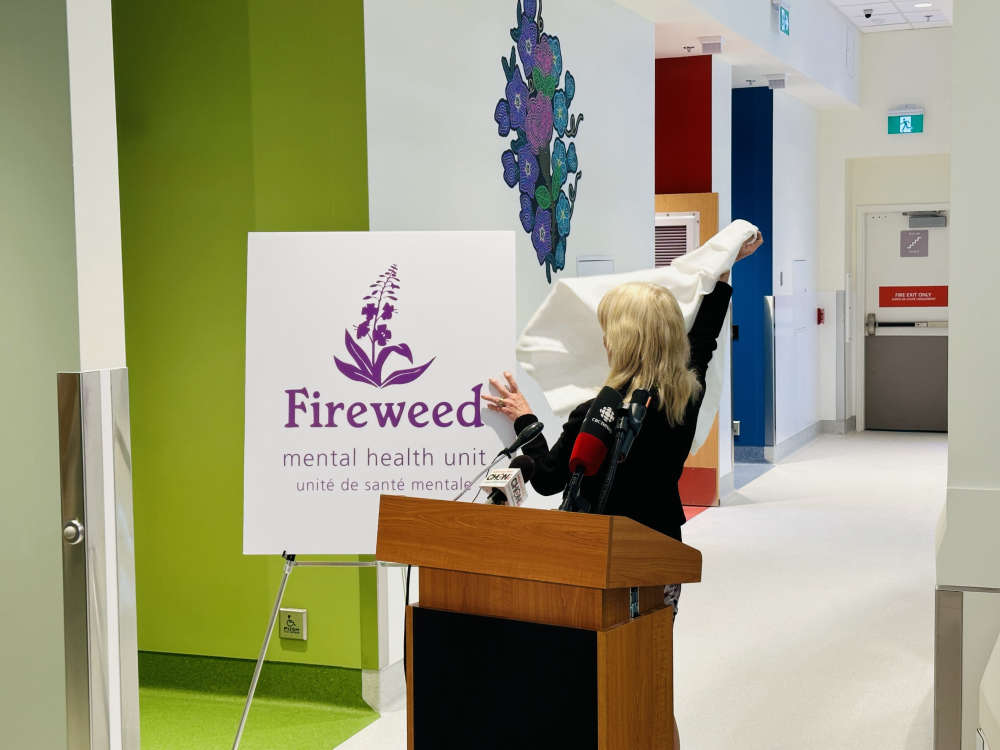 New Fireweed Mental Health unit opens at Whitehorse General Hospital
New Fireweed Mental Health unit opens at Whitehorse General Hospital
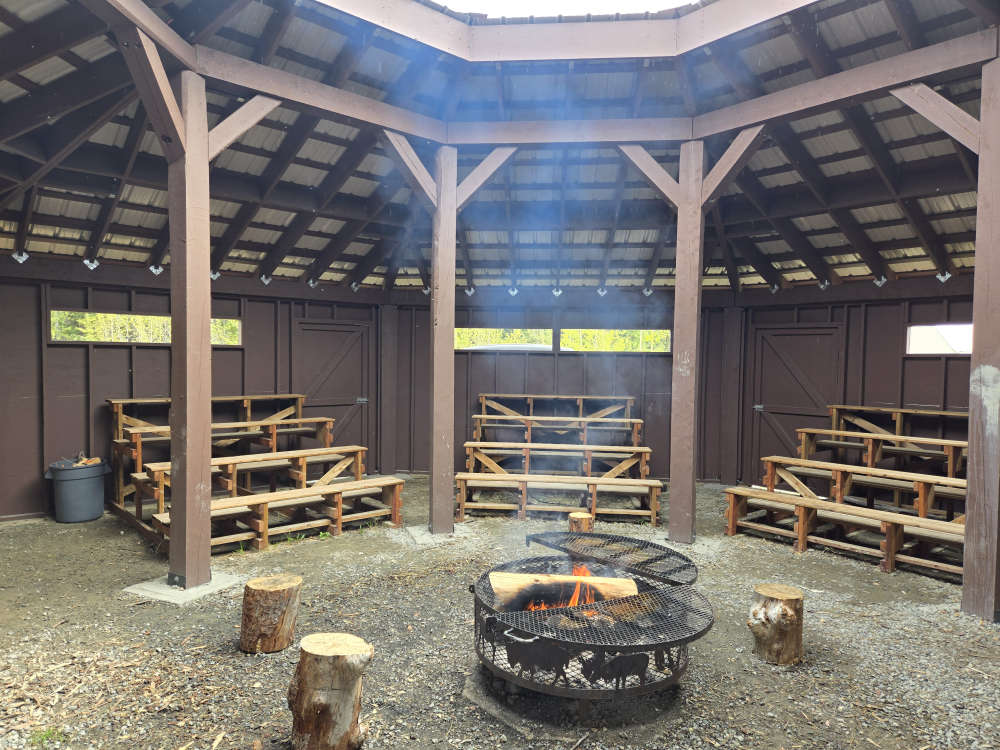 Traditional learning camp opens at Whitehorse school
Traditional learning camp opens at Whitehorse school
 Yukon Schools introduce online registration for bus service
Yukon Schools introduce online registration for bus service
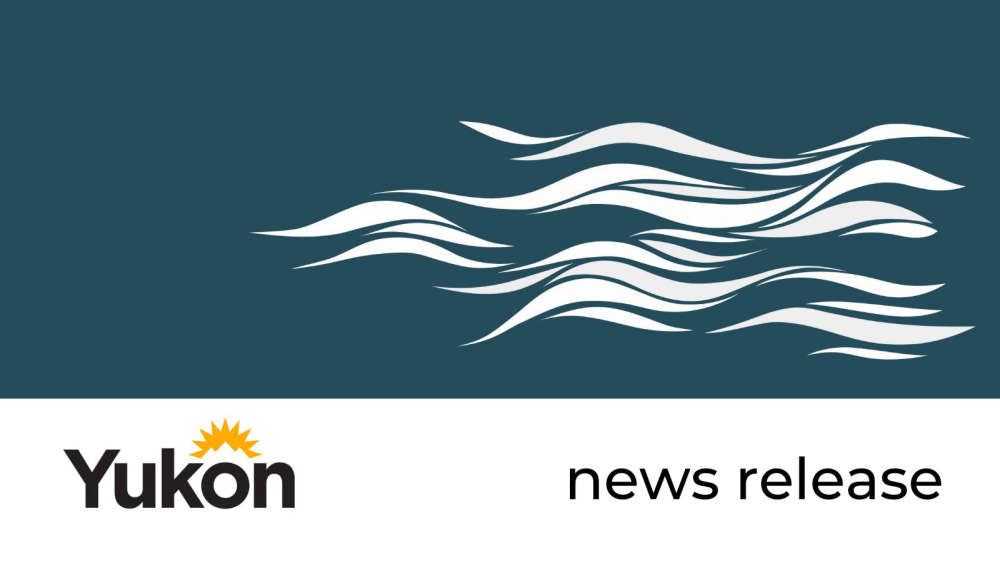 Yukon Government unveils progress in healthcare transformation with 2024 Putting People First annual report
Yukon Government unveils progress in healthcare transformation with 2024 Putting People First annual report
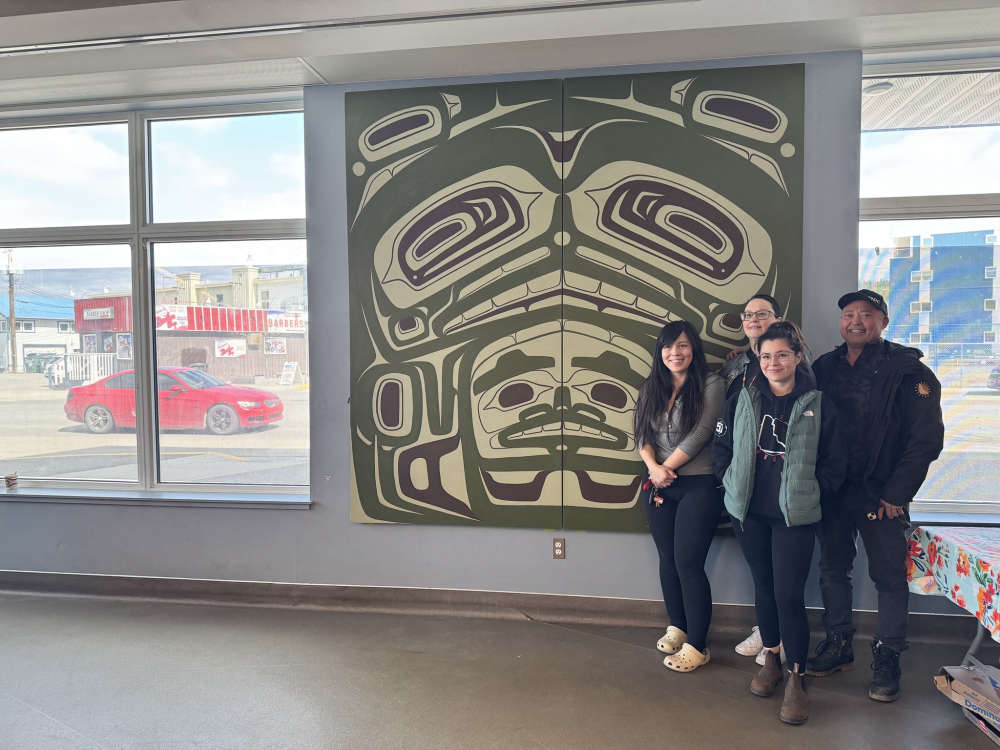 Whitehorse Emergency Shelter unveils New Artwork celebrating Yukon First Nations culture
Whitehorse Emergency Shelter unveils New Artwork celebrating Yukon First Nations culture
 Former Whitehorse City Councillor Ted Laking announces bid for Yukon Party nomination in Porter Creek Centre
Former Whitehorse City Councillor Ted Laking announces bid for Yukon Party nomination in Porter Creek Centre
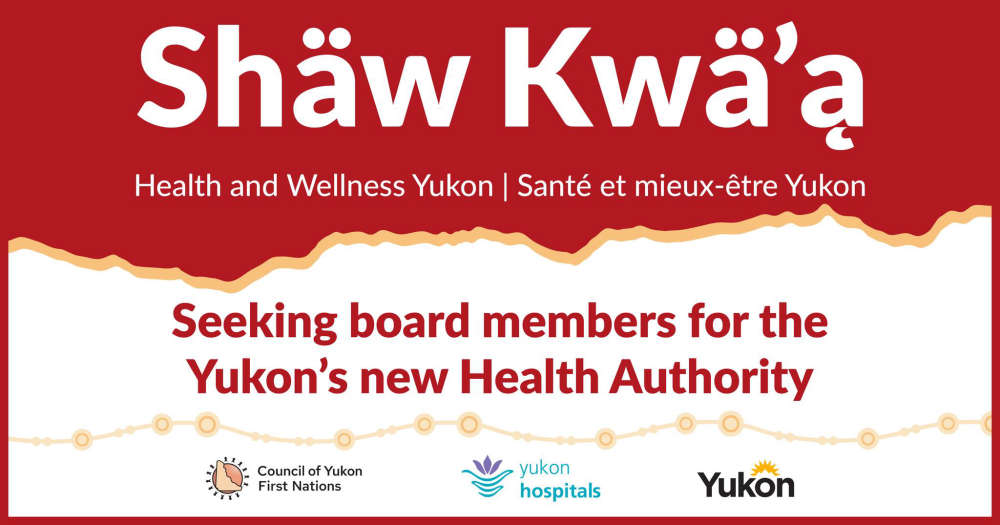 Yukon Government seeks applicants for new Health Authority Board
Yukon Government seeks applicants for new Health Authority Board
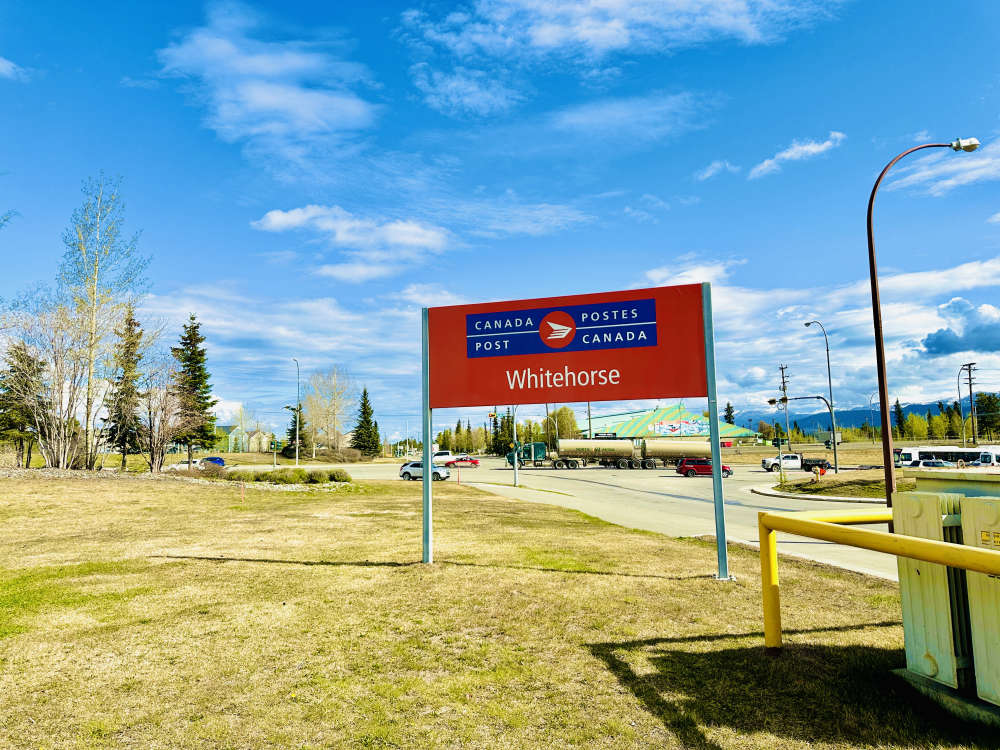 Canada Post strike looms, Yukoners brace for disruption
Canada Post strike looms, Yukoners brace for disruption
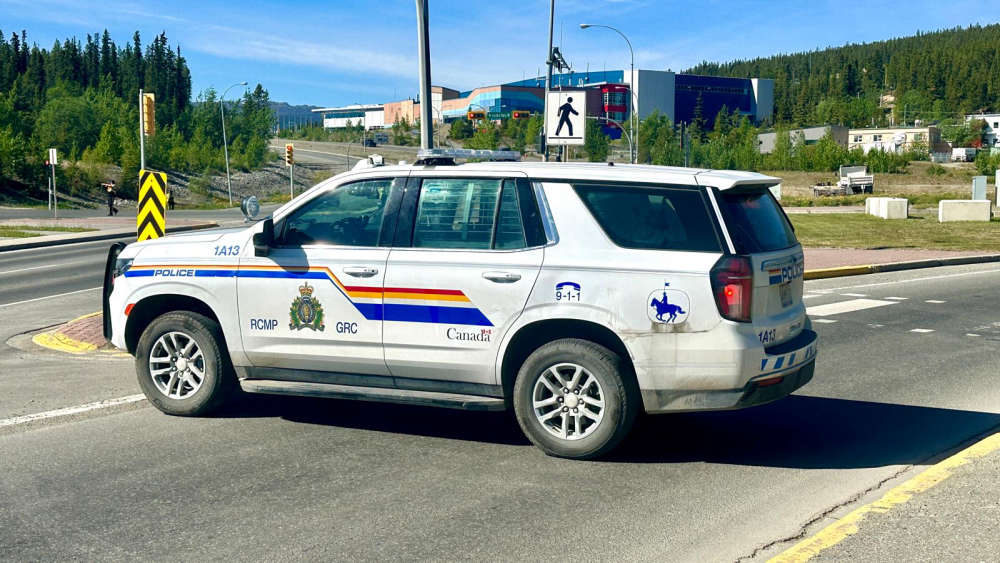 Driver charged in fatal collision that killed Yukon Government Deputy Minister and injured Minister
Driver charged in fatal collision that killed Yukon Government Deputy Minister and injured Minister
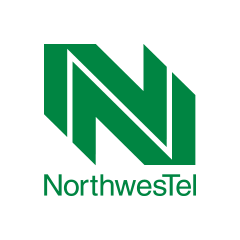 Yukoners encouraged to apply for Northwestel's Northern Futures Scholarship Program
Yukoners encouraged to apply for Northwestel's Northern Futures Scholarship Program
 City of Whitehorse summer transportation maintenance work underway
City of Whitehorse summer transportation maintenance work underway
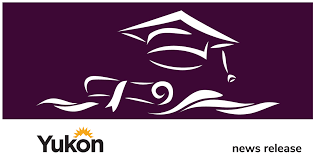 Yukon Government seeks input on new downtown public school
Yukon Government seeks input on new downtown public school
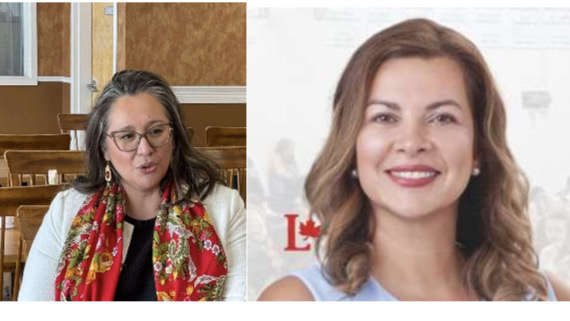 Indigenous leadership takes centre stage: Rebecca Chartrand and Mandy Gull-Masty appointed to key cabinet roles
Indigenous leadership takes centre stage: Rebecca Chartrand and Mandy Gull-Masty appointed to key cabinet roles
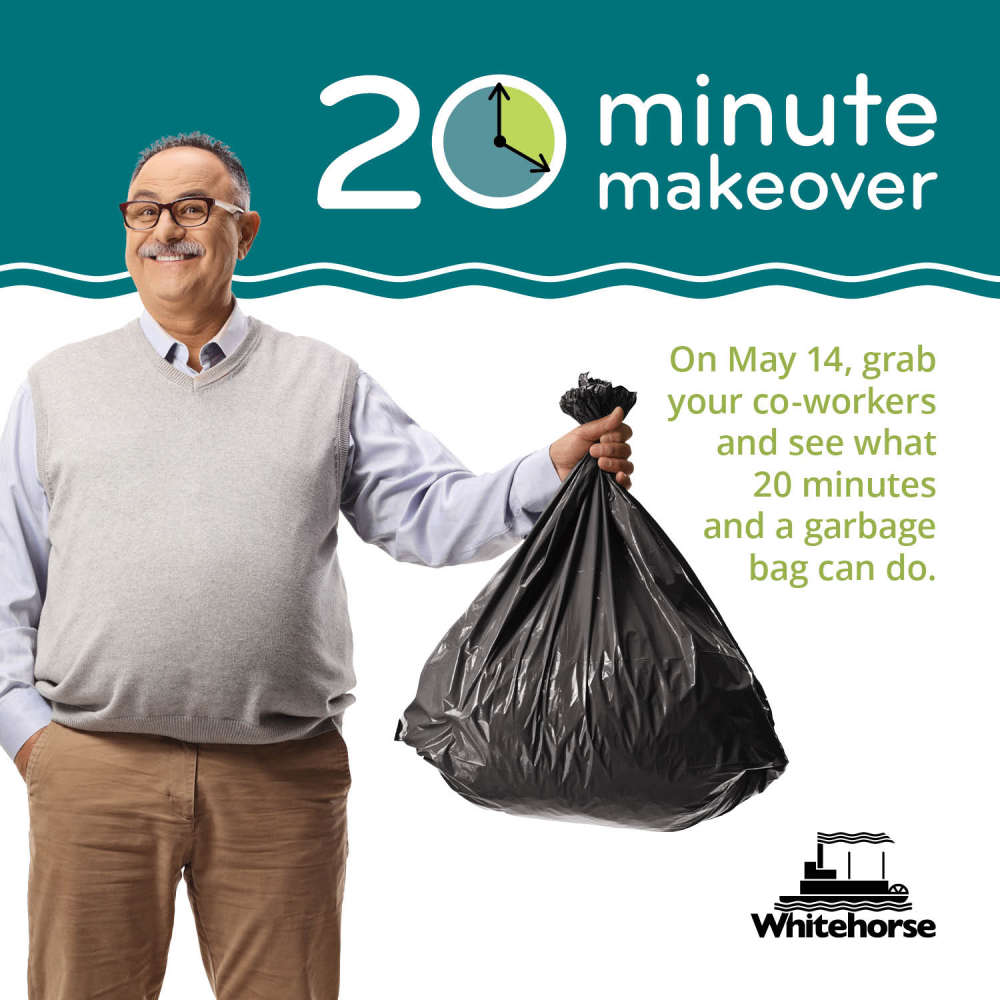 Whitehorse prepares for Annual 20-Minute makeover
Whitehorse prepares for Annual 20-Minute makeover
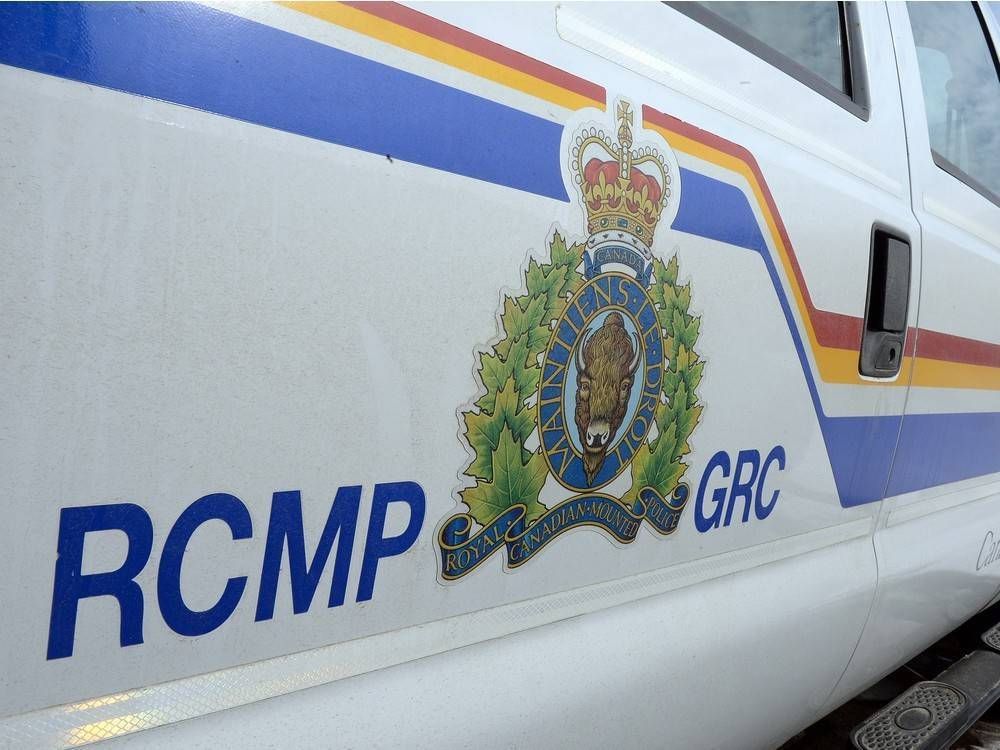 RCMP conducting training exercises on Schwatka Lake
RCMP conducting training exercises on Schwatka Lake